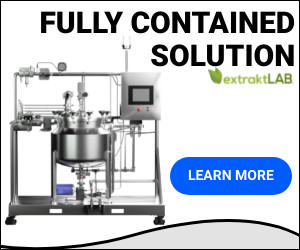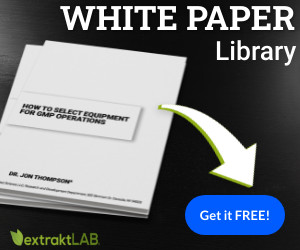The popularity of CBD has resulted in a number of scientific breakthroughs, along with unfortunate marketing ploys. Many supposed “miracle products” in the CBD industry have little merit to show for it. Therefore, healthy skepticism is necessary when a new product arrives. In this article, we will examine one of those new products – water soluble CBD – to see if it is a breakthrough in the industry, or just another passing craze.
Water Soluble CBD: Is Nano CBD a breakthrough, or a fad?
If you keep up with the hemp industry, you may have heard connoisseur Tommy Chong urge you to “throw away your CBD.” But why would such a prominent advocate of this plant say this? His answer – water soluble CBD.
What is Water Soluble CBD
In the simplest of terms, water soluble CBD, often called Nano CBD, utilizes incredibly small CBD particles that are designed to enter the bloodstream faster than standard CBD products. What does any of this mean? Why does it matter? And, most importantly, does it actually work? Let’s take a closer look.
How to Make CBD Water Soluble?
CBD is an oil so; it may not dissolve or mix in water with in its standard properties. For this reason, one may find it necessary to break it into tiny or nanodroplets to make CBD water-soluble.
Considering this, we have created a step-by-step process to convert a standard CBD into water soluble CBD oil.
Let’s take a look at how this works.
Creating CBD isolate powder
Converting the CBD oil into an isolate powder helps you get the purest form of CBD. In this, the oil is refined several times to get a crystallized form of CBD oil or CBD isolate powder.
Surprisingly, in this state, the isolated powder is 99% active and ready for nanoemulsion.Although isolate powder is the purest form of CBD, however, it’s important to not confuse it with a water soluble CBD powder.
The reason for this is isolate powder does not have water soluble properties and can’t be absorbed by the human body.
Nanoemulsion
Once the isolate powder is created, it’s time for the most important part of this procedure.
Nanoemulsion or nano-emulsification is what makes CBD water-soluble.
Nanoemulsion is defined as a process of breaking down CBD molecules into much smaller droplets using ultrasonic waves.
This process converts the isolate powder into a nano-sized microemulsion and makes the CBD oil water -soluble. Surprisingly, water soluble CBD oil features 10 times better absorption in the human body than a CBD oil.
Mixing with Fatty Emulsifier
The procedure to make water-soluble CBD doesn’t end with nanoemulsion.
After Nanoemulsion, we make CBD particles compatible with water and other liquids by using fatty emulsifiers.
An emulsifier helps in the mixture of incompatible liquids and CBD so that it can travel through your bloodstream.
However, stabilization in the emulsifier is necessary to ensure proper absorption of CBD into the water.
Stabilization
As previously mentioned, stabilization is crucial to creating a homogenous liquid of CBD and water. This step improves the bioavailability of CBD for efficient absorption and quick results.
In other words, it allows CBD to move through your cell membrane efficiently. After stabilization, the particles are dissolved in water, and the water-soluble CBD oil is ready for final use.
Calculate Your Cannabis Business Operating Cost
Starting a Cannabis Business? Check out our Calculators and to analyse costs, estimated revenue, yield, initial investments and important metrics for your extraction business.
What is Water Soluble THC?
Before we explore water -soluble THC, let’s define THC. THCA (Tetrahydrocannabinol-A) is the primary crystalline compound and active psychoactive ingredient of cannabis.
Like CBD, THC occurs naturally in cannabis with cannabinoid receptors, but THC is the psychoactive cannabinoid.
THC is a kind of fat featuring low water solubility of around 0.003mg/ml. This means, a body requires too much water to absorb THC in order to get the desired results.
Here’s an example for better understanding.
Suppose you want to consume or dissolve 10mg of THC. If we do some math, this amount of THC may require more than three liters of water for expected results. But drinking three liters of water is not a sustainable, every day option for consuming just 10mg of THC.
Therefore, a water -soluble THC or delta-8 THC is a great choice for end-users.
A water -soluble THC allows it to be dissolved in water and other liquids using nanotechnology. Like water -soluble CBD, water soluble THC is broken down into micro-sized particles for better solubility in water.
Efficient use of nanotechnology can separate THC molecules into less than 100 nm (Nanometers) particles. This allows it the THC to dissolve in the water and travel through the membranes of the human body efficiently.
With modern technology, we can extract refined THC from hemp and make it water compatible. All you need is new-generation,efficient extraction equipment and THC formulation.
extraktLAB manufactures the industry’s leading supercritical CO2 extraction equipment for both hemp and botanical extraction industries. If you want to know more about our products and services, click on the button below the detailed information.
Introduction to Full Spectrum CBD, Broad Spectrum CBD and CBD Isolate.
Full-spectrum CBD is a complete blend of cannabidiol, THC, and other beneficial compounds from the hemp plant.
For instance, a full-spectrum CBD includes the plant’s flavonoids, vitamins, minerals, fatty acids, and terpenes. It is considered a complete CBD oil includings all the necessary ingredients, which offer the desired results.
Furthermore, full spectrum CBD is quite easy to identify and use. It’s a dark and viscous liquid with an earthy aroma and taste. But an individual’s body may not be able to dissolve it easily, so this CBD is added into a food-grade carrier oil for better absorption.
As the name suggests, a full-spectrum water -soluble CBD is more compatible with water. It features particles even smaller than 100nm broken down using nanotechnology or nanoemulsion.
If we compare water-soluble CBD with full-spectrum CBD, water-soluble CBD oil is more bioavailable and offers faster absorption.
Broad-spectrum CBD and CBD isolate are two more types of CBD. Let’s see what they are and how they differ from full-spectrum CBD.
Full Spectrum vs Broad Spectrum CBD
Broad-spectrum CBD is a compound with all properties of cannabis except the THC, terpenes, fat and wax content. In simple terms, it’s a full spectrum CBD but without the THC content.
THC removal is conducted after the extraction and distillation process.Remediation methods, like chromatography, are used to separate THC from the finished cannabinoid oil.
THC is removed from the cannabinoid oil to ensure compliance and to remove the psychoactive effects inherent with THC.
Full Spectrum CBD vs CBD Isolate
CBD isolate is known as the purest form of CBD as it is only cannabidiol ingredient. All the other cannabinoids and compounds are removed during post processing and refinement of Full Spectrum CBD. CBD isolate is typically used for manufacturing CBD products.
Unlike full spectrum CBD, CBD isolate no longer contains the THC, minor cannabinoids, flavonoids, and terpenes. It only offers the benefits of cannabidiol benefitss and requires integration with other compounds to unlock all of its true potential.
How Does Water Soluble CBD Work?
Even though a water -soluble CBD is highly compatible with water and dissolves instantly, it’s still an oil. Therefore, there is some absorption delay.
Since it has high compatibility with water in your body and dissolves immediately, a water -soluble CBD oil first enters your bloodstream through the small intestine.
Additionally, the increased compatibility doesn’t depend upon going through the circulatory system for the liver to process the substance.
Besides quick absorption, there are countless other benefits of water -soluble CBD.
Less waste
Water -soluble CBD products are highly bioavailable which ensure higher absorption.
CBD products manufactured with water soluble CBD can be absorbed up to 100% compared to the up to 19% of other products. The added ingredients are what block the majority of absorption.
Easy to measure dosage
Some CBD products are hard to measure, this may lead to over (or under) consumption. Water -soluble CBD is able to be precisely measured, ensuring accurate consumption.
By shaking well before use, you ensure the exact and expected amount in each drop.
Easy to use
Along with exact dose measuring, a water -soluble CBD product is easy to carry and use on the go. Whether you’re at home or on a trip, you can easily follow your CBD routine without any fuss. Just pull out the dropper and consume your CBD with food or drink.
The efficacy of water -soluble oil depends on the extraction methods and type of extraction equipment used. As technology continues to advance, botanical extraction has become more innovative and cost-effective than ever before.
extraktLAB designs and manufactures high-quality botanical extraction equipment to aid the processes of producers. So, click on the button below today to get a product demo!
What is Bioavailability?
If you’ve not heard of the term bioavailability, it is simply the efficiency and amount for a substance to enter the bloodstream and have an active effect in the body. This applies to medicines, nutrients, toxins, etc. and varies based on a number of factors including the method of ingestion.
For example, let’s discuss CBD on its own. CBD products made through CBD extraction are found in nearly every ingestible form including foods, capsules, drinks, tinctures, topicals, vapors and smokeable flower. Each of these products has a different bioavailability which, in turn, varies the effect that they have on the user. To make things simple, let’s take a look at each ingestion method and the bioavailability that these products may have:
Topicals:
These products, while popular, have the lowest bioavailability of any CBD product. That being said, this does not mean that they are particularly less effective. Instead, they target the endocannabinoid receptors of the nervous system making them ideal for targeted joint, nerve and muscle issues. When it comes to bioavailability, the barriers by which the CBD molecules have to penetrate to reach the bloodstream vastly reduce the amount of CBD that is absorbed by the body.
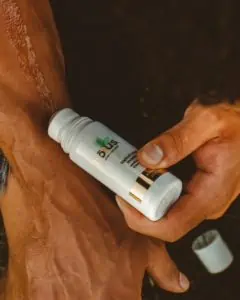
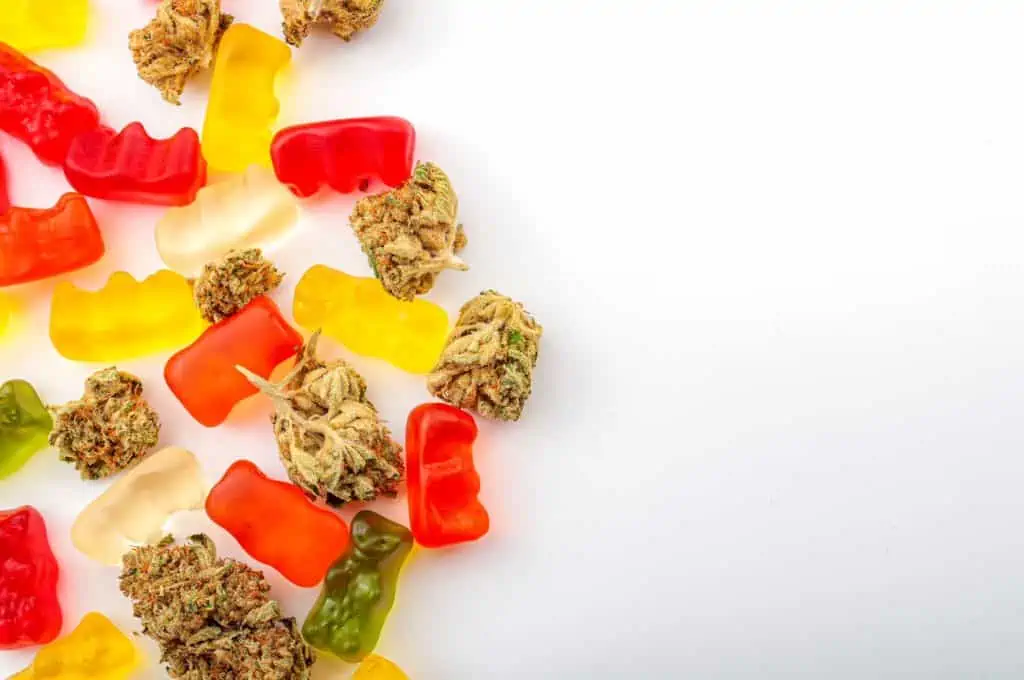
Oral Ingestion
Products like CBD capsules, drinks and foods are also very popular in the market, but have a relatively low bioavailability. The reason for this is the need for the CBD to pass through the digestive system before reaching the bloodstream. Because of this, only an estimated 5-20% of the available CBD in the consumed product will actually reach the bloodstream. Do they work? Yes. Are they the most effective method of CBD ingestion? No.
Sublingual
Hemp extract tinctures are among the most popular CBD products on the market, and for good reason. These products are intended to to be used sublingually, or placed under the tongue. The reason for this is the higher number of capillaries under the tongue that can more readily absorb CBD into the bloodstream. By holding the tincture under the tongue for at least 60 seconds, the CBD can pass through the capillaries into the bloodstream at roughly 12-35%. This drastically improves the effectiveness of the CBD when compared to ingestion or topical administration.
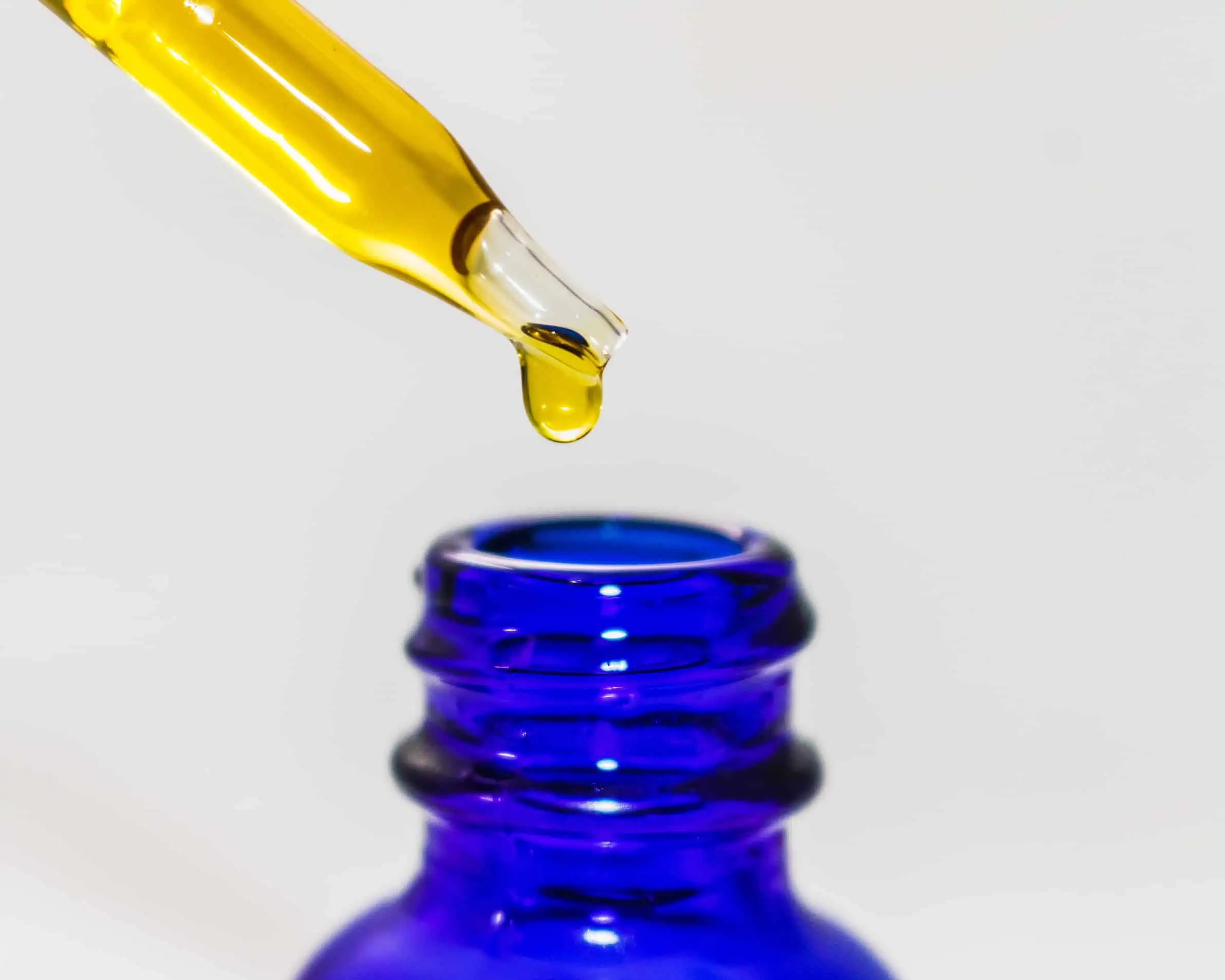
Inhalation
Inhalation has, by far, the most effective bioavailability as high as 56%. This is because the sacs in the lungs called the alveoli directly absorb the CBD through vaporized or smoked products bypassing the digestive tract and the liver. Of course, the drawback to this method is that inhaling smoke or vapor can be an irritant to the lungs, or at worst, damaging to the lung tissue. So, it is important to use these CBD products with caution and with a full understanding of the risks and benefits.
How Water Soluble CBD relates to Bioavailability
Now that we’ve explained what bioavailability is and why it matters in CBD products, we can more accurately discuss the new fascination with nano CBD, and whether or not it is a breakthrough product, or simply a fad.
Water Soluble CBD Bioavailability
As we discussed previously, ingested CBD has one of the lowest bioavailabilities of any application. In an attempt to solve this problem, producers have tried to formulate a water soluble CBD product that will help to permeate the barriers of the digestive system and make nano CBD more efficient in its bioavailability. Why is this hoped to work?
Because CBD is a hydrophobic molecule, it does not mix well with water, which is a large part of the digestive system. Because of this, the vast majority of the CBD consumed will not mix within the digestive tract until it is fully digested in the intestines. By this point most of the CBD will be lost. The attempt to solve this problem lies in the size of the CBD particles in the product. While it is not possible to rid CBD of its hydrophobic tendency, the smaller size CBD particles are more easily digestible and absorbed by the digestive tract. This does mean that a properly formulated water soluble CBD product would, in fact, have a higher bioavailability and be more effective in theory than traditional ingestible CBD products.
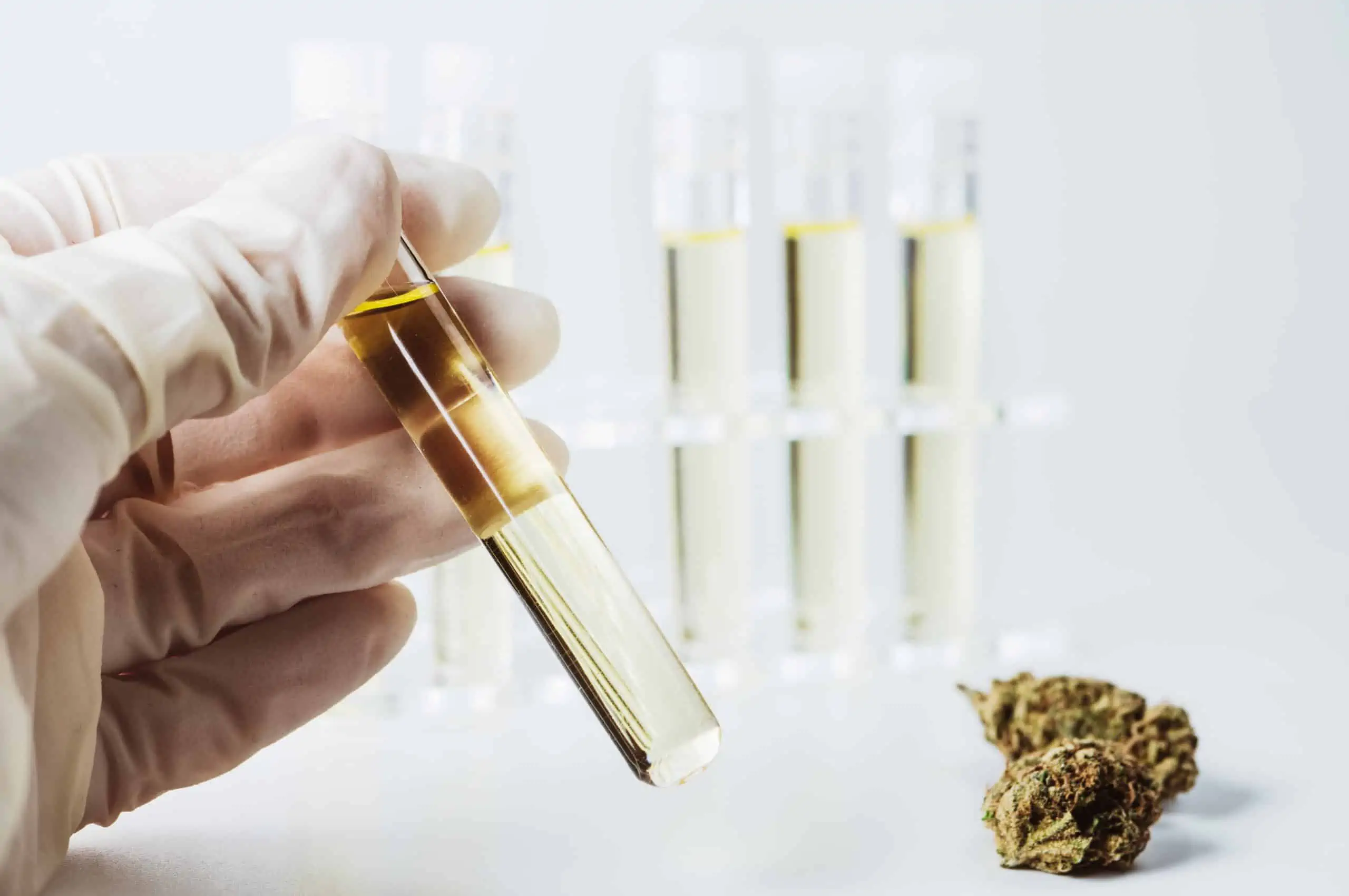
Nano CBD: Fad or Innovation?
So, all that being said, what is the verdict on Nano CBD? Is this the most breakthrough innovation in the CBD market? Or just another marketing ploy to make consumers want the next best thing? The simple truth is that it’s a little of both.
While research does show some promise that Nano CBD formulations may have increased bioavailability, thus making it a more effective product. However, the fact of the matter is that the research conducted is ongoing, and there are other methods and products that are certain to have more effect than ingestible CBD products right now. That doesn’t stop many brands from marketing their new Nano CBD products. While there may be some truth to the science behind these products, it is very likely that marketing is in the forefront of the minds of these brands when it comes to Nano CBD, so proceed with caution.
